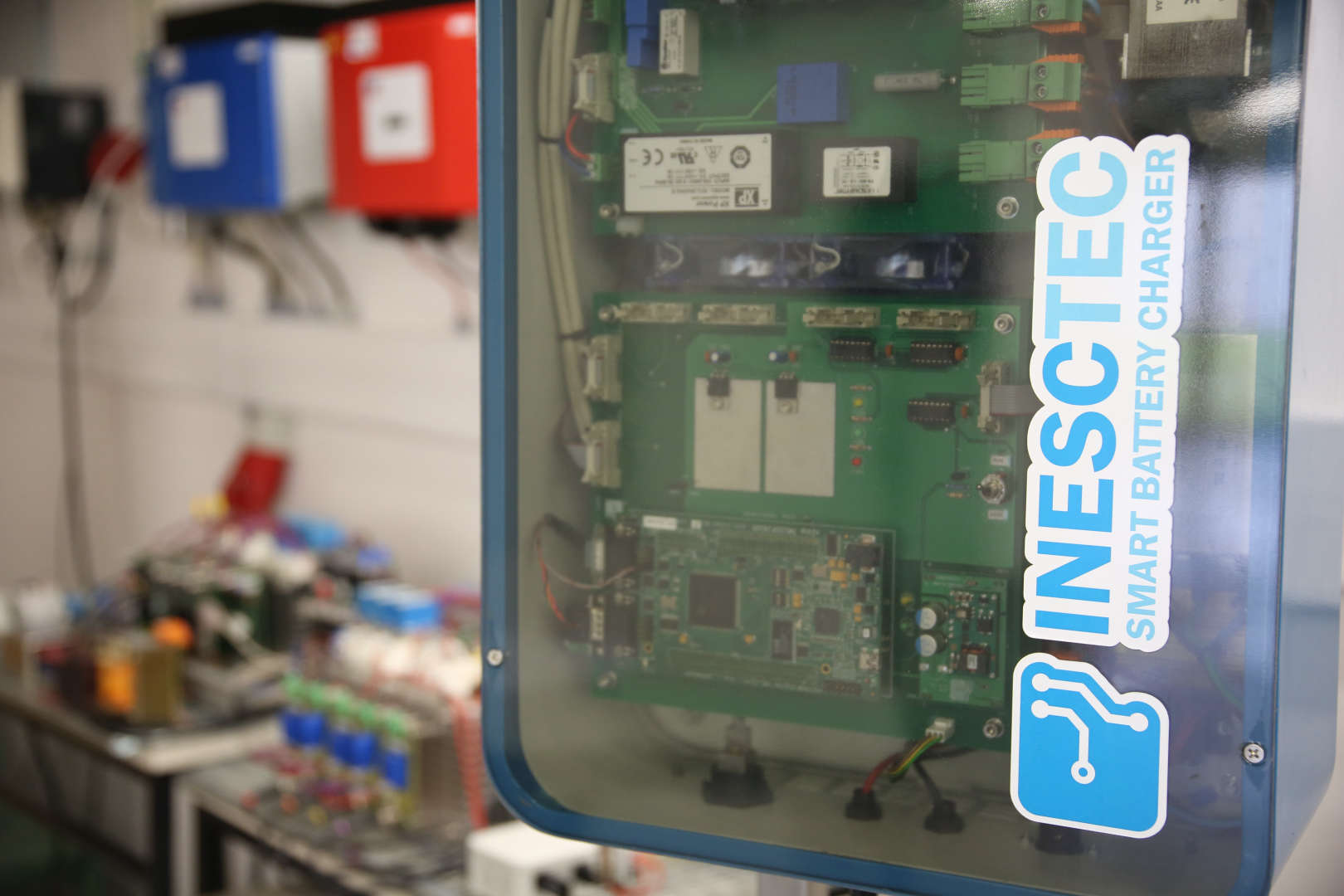Sobre
Licenciei-me em Engenharia Electrotécnica e de Computadores, ramo de Sistemas de Energia, pela Faculdade de Engenharia da Universidade do Porto (FEUP) em Julho de 2003. No ano seguinte, ingressei na Unidade de Sistemas de Energia do Instituto de Engenharia de Sistemas e Computadores do Porto (INESC Porto), onde iniciei a minha actividade de investigação. Em Dezembro de 2005 obtive o grau de Mestre em Engenharia Electrotécnica e de Computadores (especialização em Sistemas de Energia) na FEUP. Posteriormente, em Novembro de 2010, obtive o grau de Doutor em Engenharia Electrotécnica e de Computadores, também pela FEUP. A minha actividade de investigação tem sido orientada para a integração de Produção Distribuída e Micro-Geração nas redes de distribuição de energia eléctrica, bem como para o desenvolvimento de funcionalidades avançadas para redes eléctricas inteligentes (Smart Grids) envolvendo fontes de energia renovável, dispositivos de armazenamento e gestão e consumos. Mais recentemente tenho trabalhado na área da Eficiência Energética. Nestes domínios de actividade, colaborei nos projectos Europeus de I&D MICROGRIDS do FP5, MORE MICROGRIDS do FP6, MERGE, SuSTAINABLE, iTESLA e evolvDSO do FP7 e SENSIBLE do H2020. Estive também activamente envolvido na equipa de trabalho do INESC Porto no âmbito do projecto INOVGRID com a EDP Distribuição e tenho participado no desenvolvimento de trabalhos de consultoria para diversas entidades como a EDP, EFACEC, EDA, GeSto Energia e AENOR, entre outros. Fui Professor Auxiliar Convidado na FEUP em 2015. Adicionalmente, dei formação avançada e apresentei workshops técnicos dentro dos tópicos das Micro-Redes e Smart Grids tanto em Portugal como no estrangeiro. Actualmente sou Investigador Sénior do Centro de Sistemas de Energia (CPES) do INESC Tecnologia e Ciência (INESC TEC) – Laboratório Associado onde sou Coordenador do projecto Europeu ATTEST do H2020, estando ainda envolvido nos projectos Europeus FEEdBACk e InteGrid do H2020 e em outros projectos de consultoria. As minhas principais responsabilidades envolvem gestão de projectos e desenvolvimento de tarefas específicas para projectos de I&D e consultoria, preparação de propostas para projectos de I&D e consultoria e escrita de entregáveis, relatórios técnicos e artigos científicos. Sou ainda Professor Auxiliar na Universidade Lusófona do Porto (ULP) desde 2011, onde também sou Director da Licenciatura em Engenharia Electrotécnica de Sistemas de Energia desde 2019. Sou autor de mais de cinquenta publicações científicas, com revisão por pares, em revistas e conferências da especialidade (h-index 12, de acordo com o SCOPUS), bem como autor de um livro e co-autor de seis capítulos em livro.




